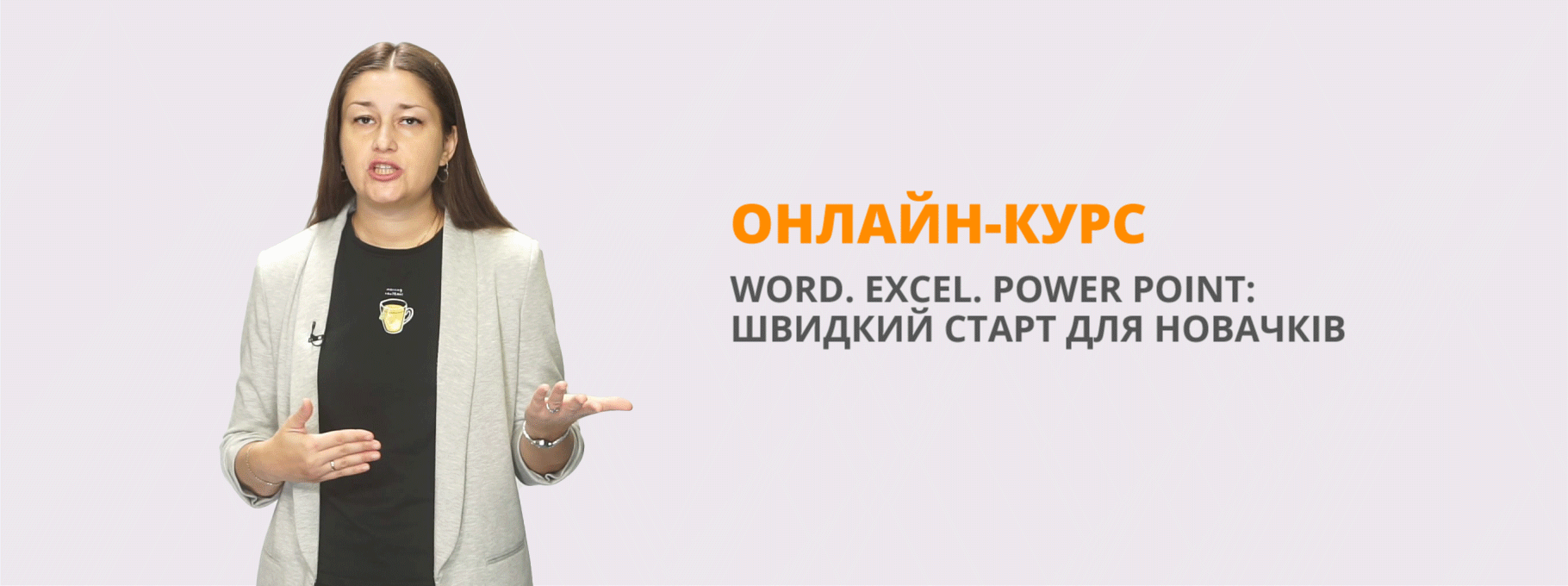Урок " My day. Time"
Тема:My day. Time
Мета: формувати й удосконалювати лексичні навички при використанні лексичних одиниць по темі; практикувати учнів у діалогічному мовленні; вчити учнів утворювати речення в теперішньому простому та тривалому часах; активізувати вживання структур вивчених граматичних часів; формувати навички самоконтролю; розвивати мовну здогадку, увагу, спостережливість та почуття колективізму.
I.Greeting
Good morning,children,take your seats.
II.Phonetic time
Sound /t/
Tick-tock, tick-tock
Ticks Jammu’s clock
Tick-tock, tick-a-tock
Ticks and ticks his clock.
Sound /k/
Clock
Mind the clock and keep the rule
Try to come in time to school
“Tick”, the clock, says
“Tick”, tick, tick!
What you have to do,
Do Quick!”
III. Warming-up
Today we are going to speak,read and do some exercises about the working day.So the theme of our lesson is “My day. Time.”
At first let’s recollect and pronoun some phrases on the theme.
Pupils look at the pictures and tell the activities ( get up, wash, clean teeth, have breakfast, go to school, learn, come home, relax, watch TV, play chess, play football, listen to music,do homework, ride a bike, read a book, take a shower, go to bed)
IV. Making up the sentences
Well done, I see you know the words on the theme rather well.
Tell me, please, when we talk about the action which is happening at the moment of speaking which tense do we use?
Ps: Present Continuous.
T: And today The Present Continuous Tense has come to our lesson. So welcome.
P 1. Hello! I am the Present Continuous Tense and I am used to show the action which is happening at the moment of speaking.How do you form me?
Ps. We use am,is, are and –ing ending
T: Take a seat and work with us.
Answer my questions about the people in the pictures:
What are they doing? What is he/she doing?
Pupils answer the questions.
V.Pair work
During our day we use a watch and a clock to be in time. Now look at the clocks and ask each other “What time is it?” Work in pairs.
Pupils use the cards of clocks
What time is it?-It’s twelve o’clock.
What time is it?- It’s half past four.
What time is it?- It’s quarter past six.
What time is it?- It’s quarter to five.
VI. Writing time
T: And now I want you to meet our next guest the Present Simple Tense.
P 2:Hello! I am the Present Simple Tense and I am used to show the action which happens every day. How do you form me?
Ps: We use –s ending in the third form singular.
T: Well , we are going to make up the sentences using the pictures. You have to look at the picture and tell what Bill does every day at the time and what he is doing at the moment.
Open your copybooks and write down
November,19
Classwork
Pupils make up the sentences
Bill usually gets up at seven o’clock. It’s seven o’ clock. He is sleeping.
VII. Time to relax.
Pupils listen to the song
VIII. Listening time
T: Dear children, now you will listen to a song one more time. Be really attentive as after that you will have to do a task according to it.
T: You have your tasks at your sheets of paper . Circle correct answers.
She ……. at 1:30.
has a shower listens to music
She ……… at 2:30.
reads a book goes to bed
She ……….. at 5:30.
plays tennis does her homework
She …………. at 7:30.
has breakfast has dinner
Checking up ( 2 pupils read their answers)
IX. Reading time
And the last task of our lesson is reading task. I propose you to divide into groups of four people and complete short dialogues with the words in the box. After finisfing the task you will read your dialogues.
|
homework usually one o’clock school dinner |
- What do you __________________ do in the afternoon?
- I come home from __________ and do my __________.
- And what time do you have your ___________________?
- I have dinner at_________________________________.
|
breakfast half past seven in the morning usually wash |
- What do you usually do _________________________?
- I ___________________________ and clean my teeth.
- And what time do you have your __________________?
- I_________________ have breakfast at _________________.
|
time book music ride half past six |
- What do you usually do in your free _____________?
- I usually ___________ a bike or listen to _______________.
- And what time do you read a _______________________?
- I read a book at_________________________________.
|
cartoon ten o’clock usually evening bed |
-What do you do in the _____________________________?
-I _________________ watch a _________________________ on TV.
-And what time do you go to _________________________?
- I go to bed at ________________________________________.
X. Hometask
At home you will do ex.1,2 on p.49 in your Workbooks
XI. Time to play
At the end of our lesson I propose you to play the game. You will show the activity without naming it and other pupils have to guess it.
Well, our lesson was really wonderful. Did you like it? Goodbye!

про публікацію авторської розробки
Додати розробку
